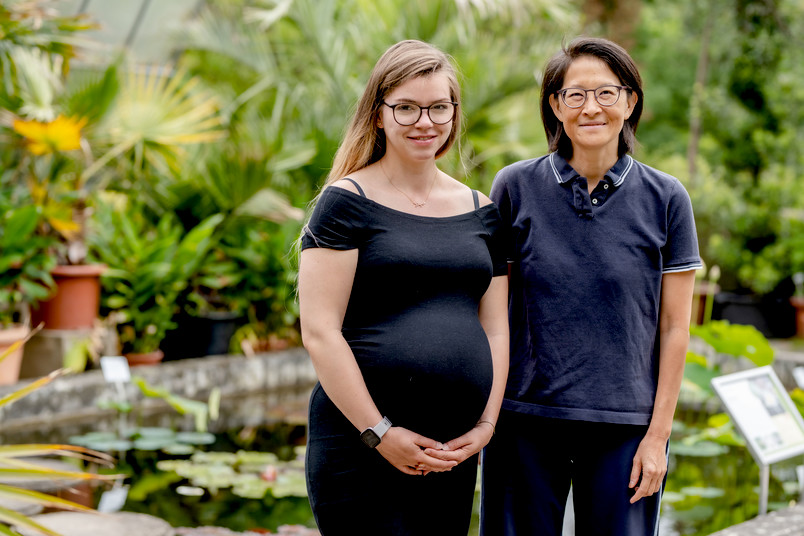
- Image via Wikipedia
GM Crops Recommended as Key Part of Obama’s “Evergreen Revolution”
A former Agriculture Department chief scientist weighs in on President Obama’s U.S-India plan, arguing that biotechnology is crucial to the growth of food productivity and security that is necessary to feed a surging global population
Agricultural innovation has long sustained the world’s masses with an abundance of low-cost food, thanks to the success of the mid-20th century’s Green Revolution, which brought industrialization and high-yield grains to India, Mexico and many other developing countries.
A prosperous global population however, has blazed the way for burgeoning new mouths to feed that, by 2050, will nearly double food demand. At the same time, farmers face unprecedented challenges of climate change, high oil prices driving demand for biofuels, and rising costs of land and water.
The 2008 surge in food prices portended ominous and volatile times ahead. Just recently the Food and Agriculture Organization of the United Nations warned of morefood supply shocks in 2011.
While on his Asia tour in November, President Obama announced that the U.S. and India would create a partnership to “spark a second, more sustainable ‘Evergreen Revolution'”—a sequel to the Green Revolution, an endeavor advanced previously by Nobel laureate Norman Borlaug.
This intention to improve global agricultural productivity and extend food security to Africa is welcomed by former U.S. Department of Agriculture Chief Scientist and Undersecretary for Research, Education and Economics Gale A. Buchanan. And if the president’s plan is to have any “real, revolutionary” impact, he said, then it must capitalize on the value of genetically modified (GM) crops. In a November 11 keynote address at Sigma Xi’s “Food Safety and Security: Science and Policy” symposium, Buchanan charted out several examples of how GM crops could improve agricultural productivity.
Advocates argue that GM crops could also play an indispensable role in addressing the world’s most serious agricultural challenges like climate change.
“The world has got to accept genetically modified plants because not to is to fail to acknowledge one of the most important discoveries of the 21st century,” Buchanan said.
Critics argue otherwise. Some environmental activists raise concerns about displacement of biodiversity, jeopardizing native plants through cross-pollination or effects on wildlife. The Organic Consumers Association is concerned about health risks and commodity price manipulation by corporate giants such as Monsanto. According to a position statement from the Union of Concerned Scientists, GM foods may pose harm to human health or the environment. The organization calls for thorough risk assessment before introductions of all biotechnology products. Others cite the lack of long-term data on these and other possible impacts.
David Tribe of the University of Melbourne disagrees. The food scientist and safety expert is co-creator of Academics Review, a Web site that seeks to clear confusion about GM food safety by responding to unsubstantiated anti-GM claims. “Technological innovation is being straitjacketed by excessive and scientifically unjustified precaution. By delaying our ability to respond in time to climate change, it’s doing more harm than good,” he says.
Yet, the disagreement goes beyond questions about GM crop’s safety—they are really not what poor farmers in developing countries need. In Africa, for example, the tried-and-true technologies of the Green Revolution are still lacking, along with access to good roads and fertilizer.
Related articles
- Is the Catholic Church in favour of GM crops? (independent.co.uk)
- While Bill Gates Wants Africa to Embrace Industrial GM Food, Italy Fines Franken-Maize Growing Farmer (treehugger.com)
- In China, No Meeting of the Minds on GM Crops (news.sciencemag.org)










